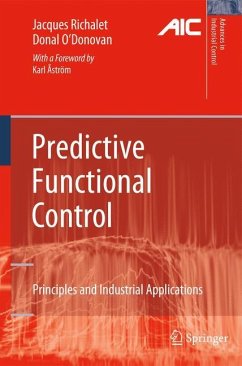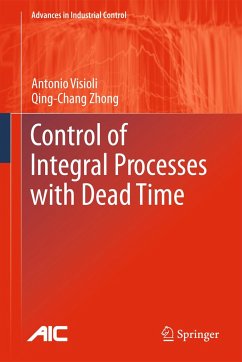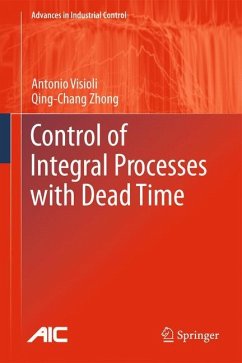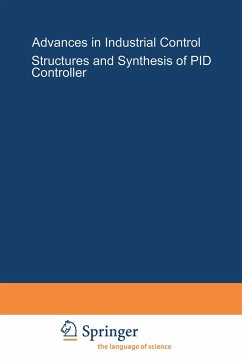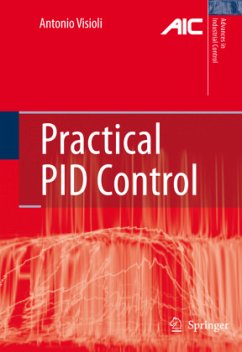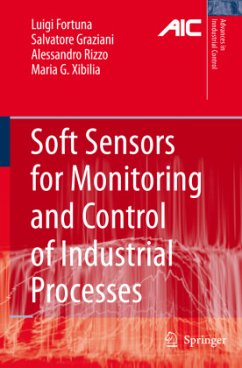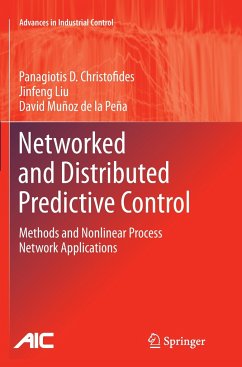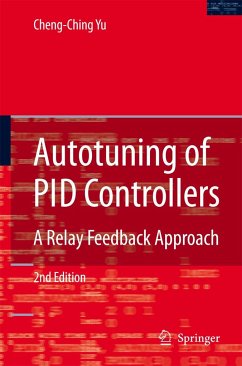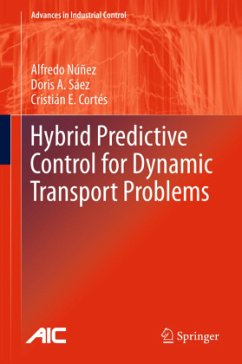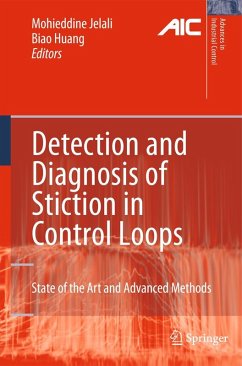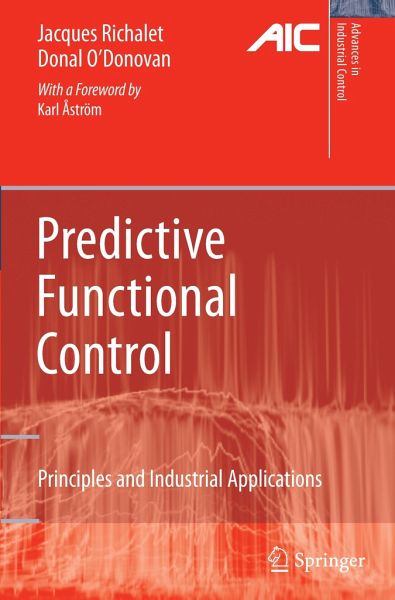
Predictive Functional Control
Principles and Industrial Applications
Mitarbeit: Åström, Karl E.
Versandkostenfrei!
Versandfertig in 6-10 Tagen
76,99 €
inkl. MwSt.
Weitere Ausgaben:

PAYBACK Punkte
38 °P sammeln!
first industrial application of MPC was in 1973. A key motivation was to provide better performance than could be obtained with the widely-used PID controller whilst making it easy to replace the PID controller unit or module with his new algorithm. It was the advent of digital control technology and the use of software control algorithms that made this replacement easier and more acceptable to process engineers. A decade of industrial practice with PFC was reported in the archival literature by Jacques Richalet et al. in 1978 in an important seminal Automatica paper. Around this time, Cutler ...
first industrial application of MPC was in 1973. A key motivation was to provide better performance than could be obtained with the widely-used PID controller whilst making it easy to replace the PID controller unit or module with his new algorithm. It was the advent of digital control technology and the use of software control algorithms that made this replacement easier and more acceptable to process engineers. A decade of industrial practice with PFC was reported in the archival literature by Jacques Richalet et al. in 1978 in an important seminal Automatica paper. Around this time, Cutler and Ramaker published the dynamic matrix control algorithm that also used knowledge of future reference signals to determine a sequence of control signal adjustment. Thus, the theoretical and practical development of predictive control methods was underway and subsequent developments included those of generalized predictive control, and the whole armoury of MPC methods. Jacques Richalet's approach to PFC was to seek an algorithm that was: - easy to understand; - easy to install; - easy to tune and optimise. He sought a new modular control algorithm that could be readily used by the control-technician engineer or the control-instrument engineer. It goes without saying that this objective also forms a good market strategy.





